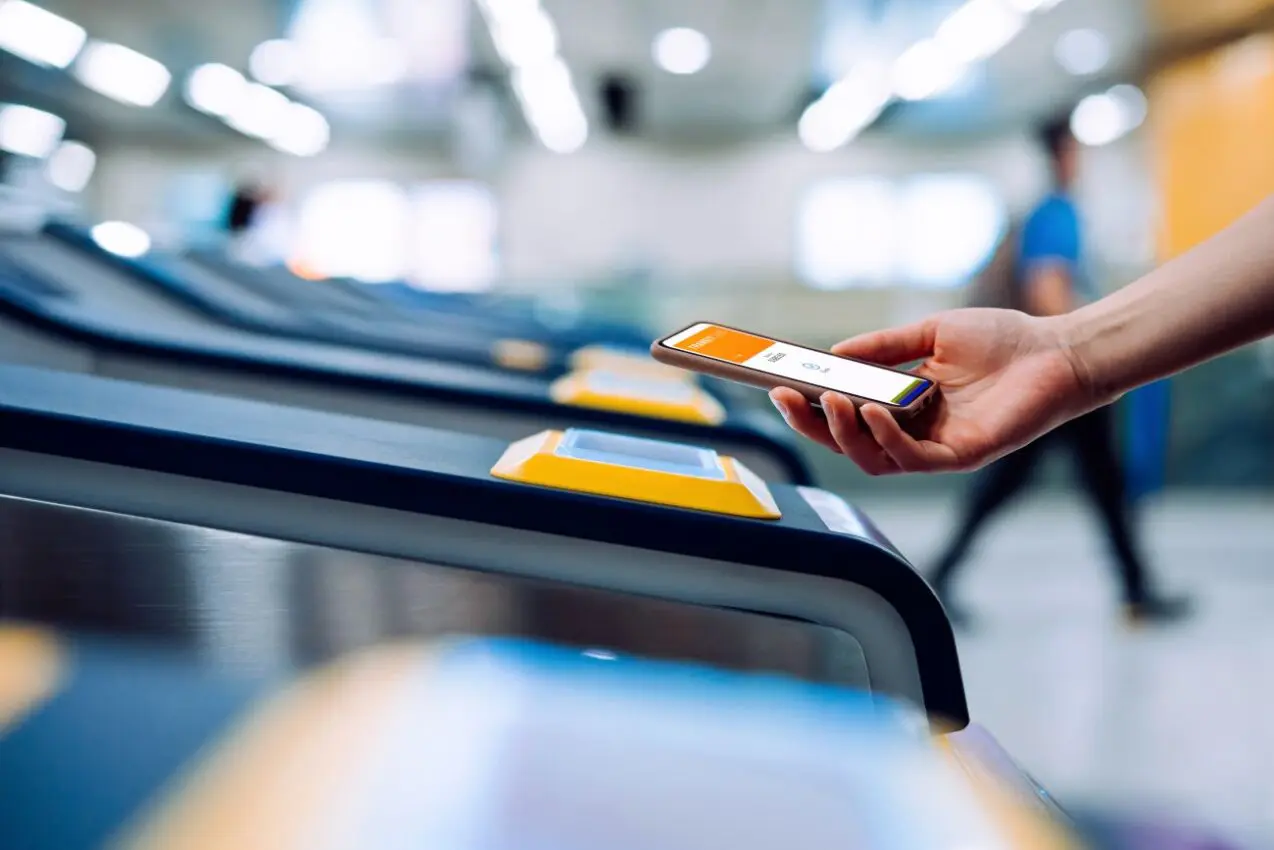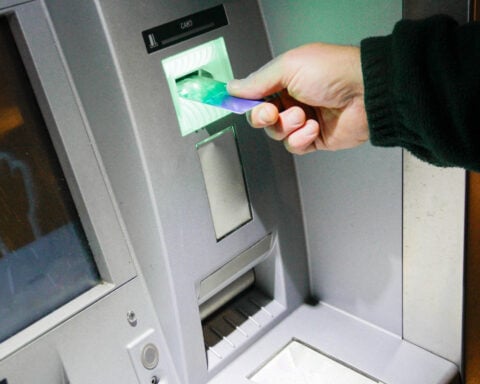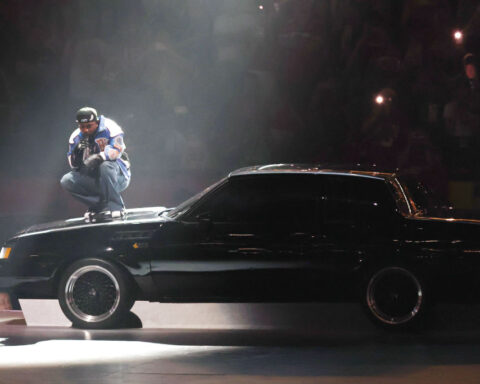Metro launched new weapons detection scanners at Union Station despite mixed results from a similar pilot program in New York City that yielded numerous false positives and no firearms.
The Los Angeles County Metropolitan Transportation Authority began testing artificial intelligence-powered screening technology as part of broader security initiatives aimed at reducing weapons in the transit system. The scanners, developed by Evolv Technology, use sensors and AI to screen passengers as they enter the station.
According to LAIST, Robert Gummer, Metro's deputy chief of System Security and Law Enforcement, acknowledged awareness of New York's results but emphasized the exploratory nature of the Los Angeles pilot. "The whole intent behind this pilot is to know and understand this technology better, and be able to provide recommendations to the board, and have the board make the call as to where and how they would like to see this roll out," Gummer said.
The results of the New York City pilot program have raised concerns about the technology's effectiveness. During a 30-day trial, the scanners identified no guns among approximately 2,800 scans while detecting 12 knives and triggering 118 false positives, according to the New York Police Department.
Jerome Greco, an attorney with the Legal Aid Society in New York, criticized the high rate of false positives. "That's 118 potential serious consequences of people having dangerous interactions with police officers who believe that they are armed," Greco said. The organization called the pilot's outcome "objectively a failure."
Adding to the scrutiny, Evolv's chief executive officer told investors this spring that subway environments may not be suitable for their technology, citing railway interference, according to Wired magazine. The NYPD has not entered into a contract with Evolv and continues to evaluate the pilot's results.
As of Monday, Metro's pilot program had not detected any weapons except those carried by individuals for work purposes, according to Gummer.
The scanner installation is part of a larger series of Metro security initiatives. The Metro Board of Directors approved several pilot programs this summer, including expanded tap-out technology at end-of-line stations, additional bathrooms, taller station gateways, and various weapons detection systems.
Metro officials noted in their motion that while security systems might deter individuals from bringing weapons into stations, the technology could also "hinder the riders' experience by narrowing access points and extending the time necessary to enter a station or board a bus."
This is not Metro's first attempt at weapons screening. In 2017, the agency tested body scanners at Union Station in collaboration with the Transportation Security Administration, drawing criticism from civil rights advocates.
Mohammad Tajsar, a former member of Metro's public safety advisory committee and American Civil Liberties Union of Southern California lawyer, expressed skepticism about the new program. "It's all just security theater," he said. "These kinds of weapons detection technologies are faulty, they're ineffective and they're completely invasive and potentially violative of people's rights."
The New York Police Department said in a statement that it "has not entered into a contract with Evolv Technology, and is still evaluating the outcome of the pilot."

 Bregman's $120 million, 3-year deal with Red Sox includes $60 million deferred, paid from 2035-46
Bregman's $120 million, 3-year deal with Red Sox includes $60 million deferred, paid from 2035-46
 Police arrest apparent leader of cultlike 'Zizian' group linked to multiple killings in the US
Police arrest apparent leader of cultlike 'Zizian' group linked to multiple killings in the US
 Four senior aides to New York mayor Adams to resign, media report
Four senior aides to New York mayor Adams to resign, media report
 UK PM Starmer says U.S. must provide security guarantee for Ukraine to deter Russia
UK PM Starmer says U.S. must provide security guarantee for Ukraine to deter Russia
 Airbus to delay A350 freighter amid supply problems, sources say
Airbus to delay A350 freighter amid supply problems, sources say
 Congo rebels promise security in Bukavu after looting
Congo rebels promise security in Bukavu after looting
 What is a polar vortex? US gets a taste of the Arctic this week
What is a polar vortex? US gets a taste of the Arctic this week
 Mark Ruffalo wants you to remember that ‘every petty dictator…they always lose’ in the end
Mark Ruffalo wants you to remember that ‘every petty dictator…they always lose’ in the end
 Mexican musical legend Paquita la del Barrio dies at 77
Mexican musical legend Paquita la del Barrio dies at 77
 Explore Metro's implementation of weapons detection scanners at Union Station, despite mixed results from similar programs. Learn about the AI-powered technology and its potential impact on transit security and passenger experience.
Explore Metro's implementation of weapons detection scanners at Union Station, despite mixed results from similar programs. Learn about the AI-powered technology and its potential impact on transit security and passenger experience.






